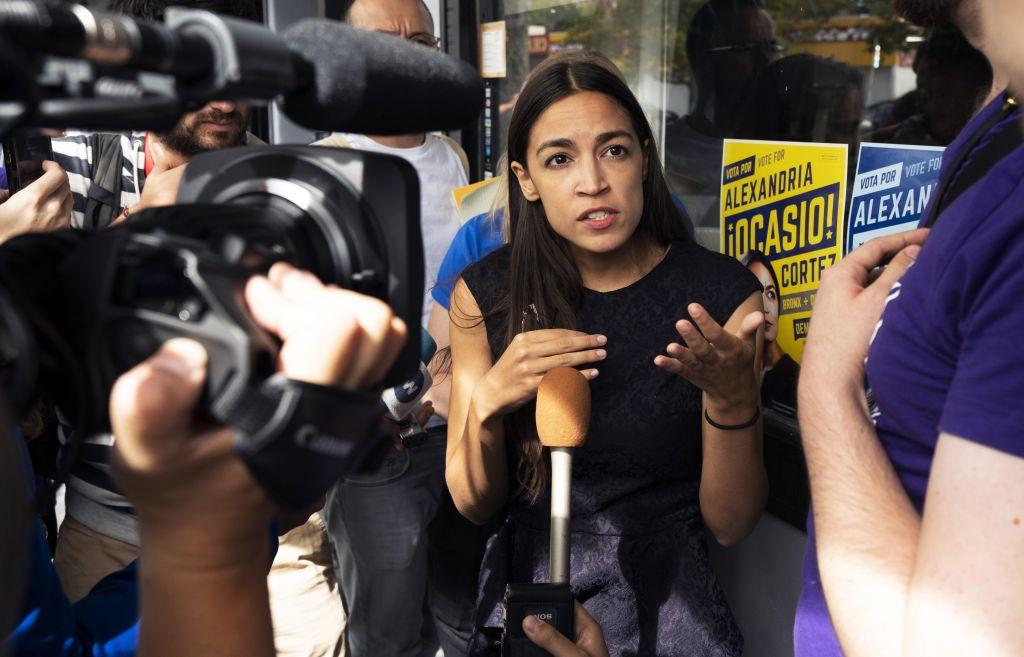The current rise of an active socialist base in the Democratic Party has led some observers to describe what’s taking place as an intraparty civil war.
The Democrats began to move decidedly to the left a decade ago with Barack Obama’s election to the presidency. Between 2009 and 2017, President Obama governed further to the left than any previous president since Franklin Roosevelt. There was little opposition from fellow Democrats.




